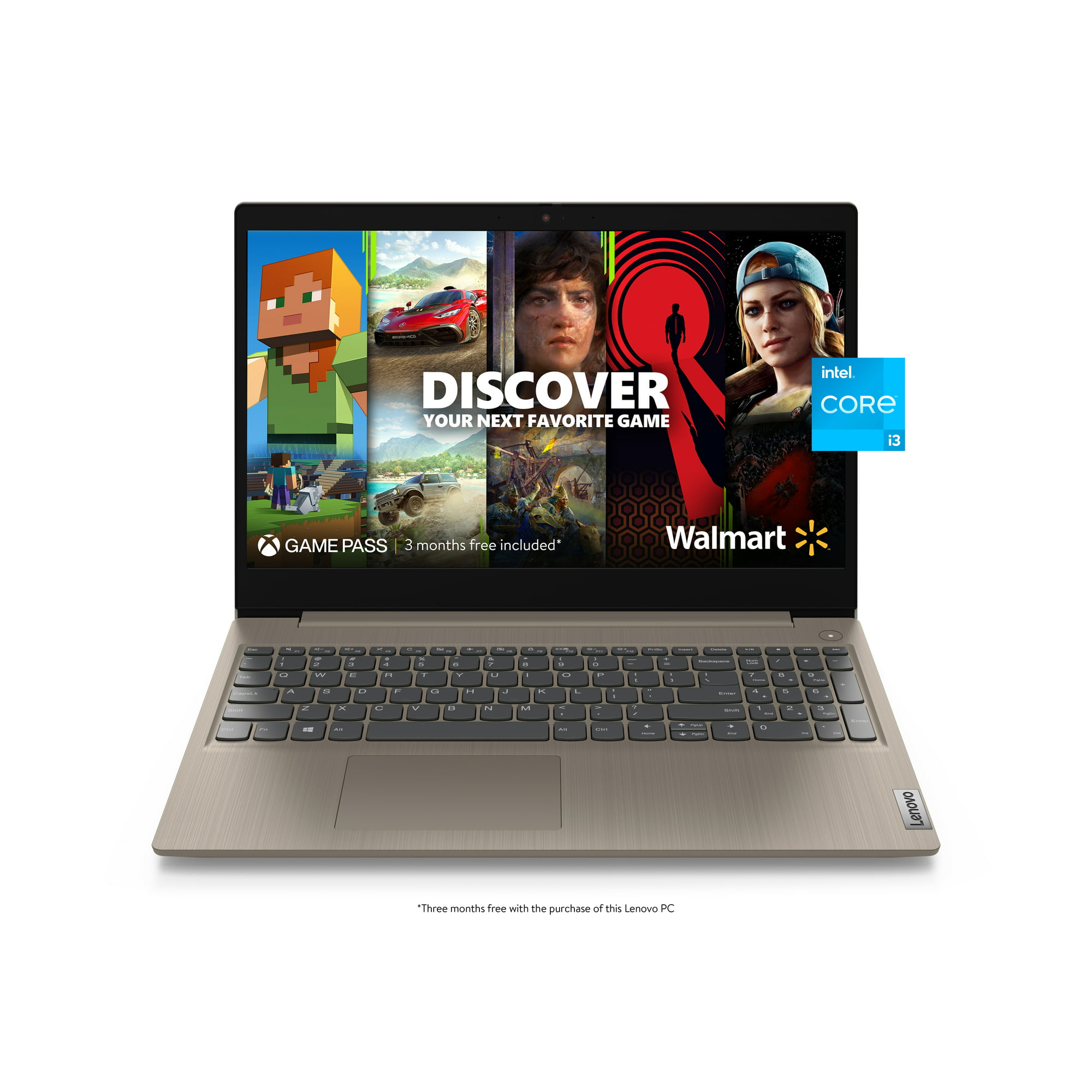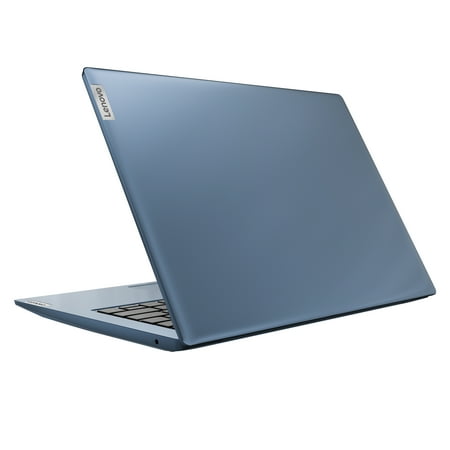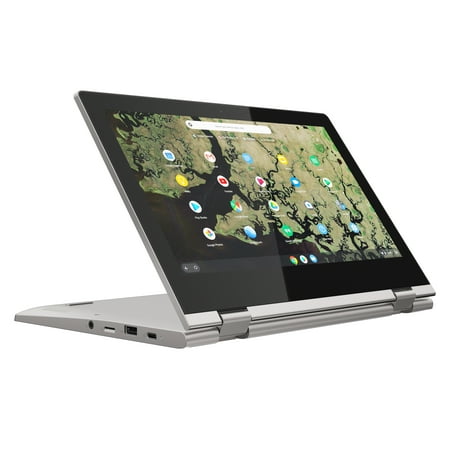Lenovo Ideapad 3i 15.6″ FHD Laptop, Intel Core i3-1115G4, 4GB RAM, 128GB SSD, Windows 11, Almond, 81X800EMUS
Lenovo Ideapad 3i 15 (15.6′) Tailor Your Performance. Engineered for long-lasting performance, the Lenovo IdeaPad 3 delivers powerful performance with an 11th Generation Intel Core -i3 Processor and integrated Intel UHD Graphics, in a laptop that’s perfect for your everyday tasks, with features that you can depend on. Dolby Audio delivers crystal-clear sound whether you’re watching a video, streaming music, or video-chatting, you’re sure to love what you hear on the IdeaPad 3i. A narrow bezel on 2 sides makes for a clean design, and larger display giving, you more viewing area and less clutter.
Lenovo Ideapad 3i 15 (15.6′) Tailor Your Performance. Engineered for long-lasting performance, the Lenovo IdeaPad 3 delivers powerful performance with an 11th Generation Intel Core -i3 Processor and integrated Intel UHD Graphics, in a laptop that’s perfect for your everyday tasks, with features that you can depend on. Dolby Audio delivers crystal-clear sound whether you’re watching a video, streaming music, or video-chatting, you’re sure to love what you hear on the IdeaPad 3i. A narrow bezel on 2 sides makes for a clean design, and larger display giving, you more viewing area and less clutter.
- Operating system: Windows 1 in S Mode
- Processor: 3.0 GHz Intel Core i3-1115G4 Dual-Core
- Display: 15.6′ 1920 x 1080 Display
- Memory: 4GB DDR4 RAM
- Internal storage: 128GB M.2 NV Me SSD
- Graphics: Integrated Intel UHD Graphics
- Optical Drive: None
- Audio: 2 x 1.5 W Speakers with Dolby Audio
- Battery life: Up to 7.3 Hours
- Wireless: 2 x 2 802.11AC Wi-Fi with Bluetooth 5
- Webcam: 720P and Dual Array Microphones
- Product weight: 4.07 lbs.
- Color: Almond
Additional information
| Manufacturer Part Number | 81X800EMUS |
|---|---|
| Model | 81X800EMUS |
| Assembled Product Dimensions (L x W x H) | 14.26 x 9.98 x 0.78 Inches |






by Sean
Laptop is very quick to startup and load programs. Touchscreen is very responsive.
by Benjamin
Easy setup and good screen. Finger verification is accurate.
by Silva
Fast, powerful, and perfect for both my job and for school.
by Wayne
The Lenovo IdeaPad 3i is a thin, light laptop with plenty of power. Battery lasts a long time. Lighted keyboard is a plus. Can’t be beat for the price I paid.
by Virgie
It came in on time it’s awesome do excited t get it.. looks very nice.